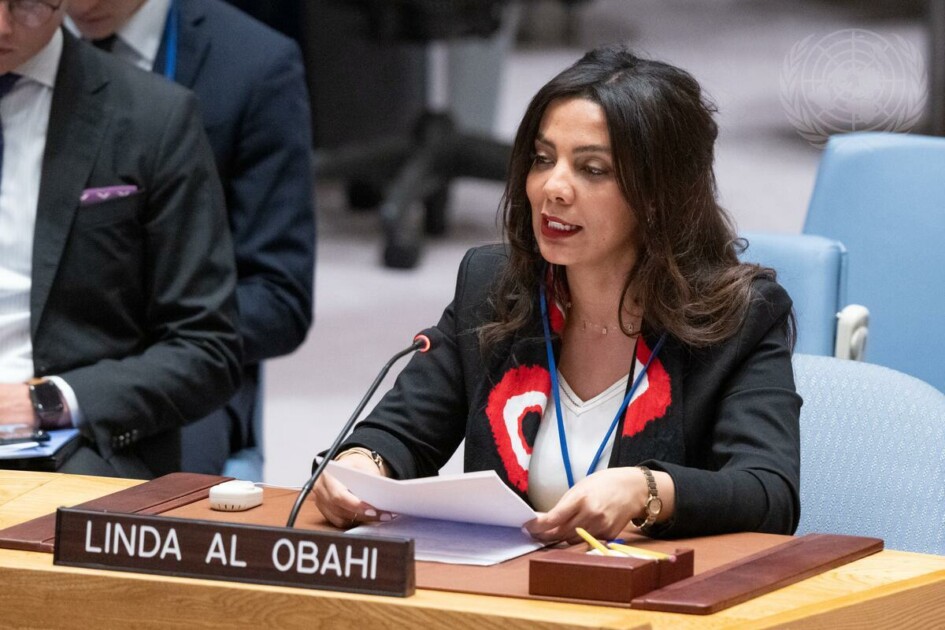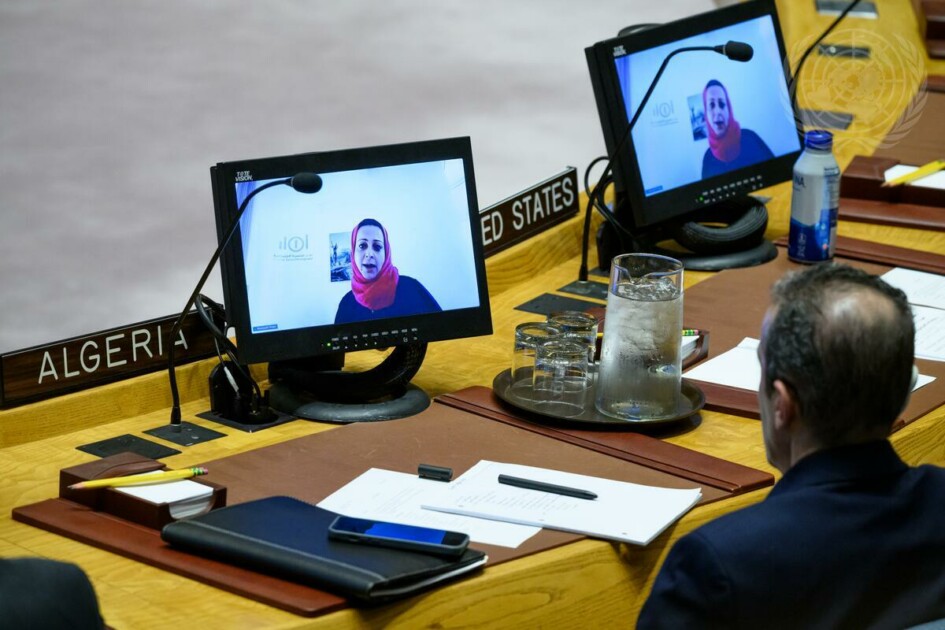Yemen
Yemen
Current and Past Recommendations to the UN Security Council (Monthly Action Points)
As the Security Council discusses the situation in Yemen, it should promptly increase its attention to security efforts and provision of gender-sensitive humanitarian assistance in the region, developed in partnership with local civil society organizations. Three years of conflict have seen Yemen grapple with a cholera outbreak and a major humanitarian crisis with 22 million people requiring humanitarian assistance, of whom the UN has warned that 8.4 million are at risk of famine. The Council and the Coalition’s international partners should call for a countrywide ceasefire. Hudayah port is one of the most important points of entry for the food and basic supplies needed for 20 million Yemenis to prevent famine and a recurrence of a cholera epidemic. Any disruption to supply routes or attack on the port risks cutting off the lifeline to most Yemenis. Full backing of the UN Special Envoy’s efforts is necessary to secure permanent access routes across the country for the delivery of critical aid, food and medical supplies, specifically for women, children and people with chronic diseases such as kidney failure and diabetes. Further, support of his efforts to restart an inclusive peace process to bring the conflict to an end must be done in a gender-sensitive way that responds to women and girls’ differentiated experiences, and must have all parties comply to their obligation to allow and facilitate rapid and unimpeded delivery of impartial humanitarian assistance for civilians in need under international humanitarian law (CEDAW/C/YEM/Q/7-8). The Council and the UN offices on the ground must support the local civil society to establish emergency plans and humanitarian operation room teams, including hotlines to help civilians and ensure that these workers are not targeted and are protected. Moreover, the Council should inquire about the lack of participation in conflict resolution and conflict management processes by CSOs, women leaders, women’s groups, and youth representatives that reflect the diversity of Yemen’s population, including ethnic, geographical and political affiliation; as well as, efforts to protect women HRDs and civil society activists, and their access to legal support and essential services. Council members should call for an international commission of inquiry as well as continued support of the national human rights monitoring and reporting mechanism to ensure that information and analysis are comprehensive and include documentation of attacks and threats against civil society. Further, there should be greater civic space for national human rights organizations to monitor and report on the human rights situation. More broadly, all stakeholders, including the Arab coalition, must ensure women’s meaningful participation in discussion, design and implementation of peace and security strategies, including those which aim to counter violent extremism (S/RES/2122 (2013), OP 13; S/RES/2242 (2015), OP 13; CEDAW/C/YEM/Q/7-8). Finally, in order for this to be done effectively, capacity building for relevant experts, including peacebuilding and women’s CSOs, to undertake gender-sensitive conflict analysis and translate it into concrete actions, must be a priority. Any assistance should provide a full range of medical services, sexual and reproductive health services; legal; psychosocial; education and livelihood services, and the access necessary both before, during, and after, armed conflict (S/RES/2122 (2013), CEDAW/C/YEM/Q/7-8).
Relevant Resources








